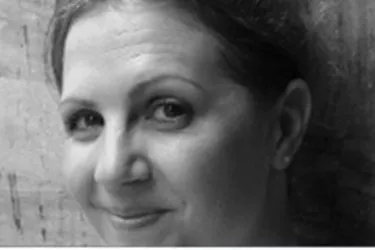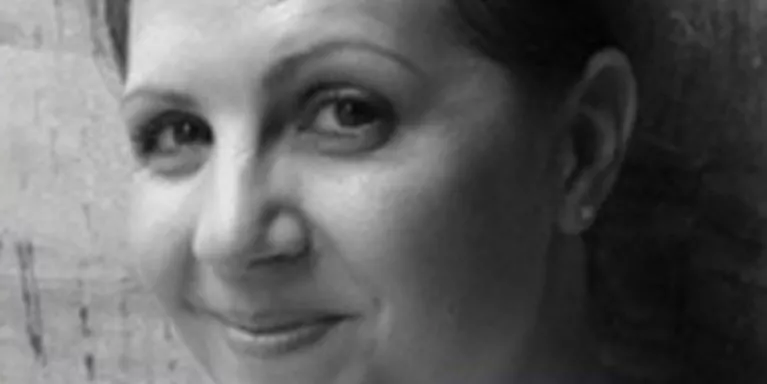School couldn't handle my anxiety
Elizabeth blogs about what it's like to have anxiety at school, and what happened when her mum pulled her out to become home-schooled.
It started over a year ago, when I was 14 years old.
A couple of my friends had fallen out, I had a new boyfriend, and I was staying at my Grandma’s until our family home was renovated.
I’ve always been quiet, but had a good group of friends. I had no worries about my marks - the teachers seemed pleased, anyway.
I had started to struggle with noise in the classroom, teachers shouting, other kids messing about. I couldn’t concentrate.
"As soon as I saw the building I started to panic."
Some kids in the class picked on me for the shape of my eyes, which really upset me.
I started getting really bad tummy aches and headaches. I was worried and tearful at nights, and was having time off school because of it.
I didn’t know at the time, but this was all anxiety.
The more I stayed off school, the more I found it difficult to go back. Mum tried really hard to get me back into school, but as soon as I saw the building I started to panic.
I spent most of the days at home in bed with my curtains closed, crying. I didn’t want to speak to anyone. I just wanted to be on my own.
I couldn’t explain what was wrong. I didn’t understand, so why would anyone else?
Me and Mum went to meetings with the school and one teacher said that if I didn’t come back that my Mum would end up in court, which only made things worse.
Mum asked the Headmaster for support, but he said it was only for kids with physical health problems.
"I went to sign-out of school as agreed, but the lady on reception told me I looked fine and should go back into school."
In the end it was agreed that I would go part-time and attend an anxiety group at school.
It was ok at first. I got a book about anxiety, which was interesting and I could write my thoughts in it too.
One day, after my anxiety group, I went to sign-out of school as agreed, but the lady on reception told me I looked fine and should go back into school. I panicked and just walked up the corridor crying.
I got to the point where I just wanted to die. I ended up in hospital the next day.
Following this, things started to change.
Mum withdrew me from school and decided to home school me.
I met Beth, a brilliant Child and Adolescent Mental Health nurse and started to understand how I was feeling and that people were there to help me.
Beth was easy to talk to, and offered suggestions on how to manage my negative thoughts and feelings.
"I’m enjoying going out and meeting new people."
I started attending home school education groups. I was very nervous at first, but they were really helpful.
I talked to the other students and found that many of them had anxiety too.
One year on and I’m more confident in managing my anxiety. I’m enjoying going out and meeting new people and I’m off to college in September.
I have realised that lots of people have anxiety and that I’m not abnormal!
Looking back, the teachers were not aware of anxiety. They didn’t understand how it affects students and that simple things, like shouting, can be a trigger.
It felt like because they couldn’t see my pain that it wasn’t there.
"The more we talk the better."
There needs to be more support for young people and teachers in schools to understand mental health.
They need to know how to adjust their teaching style and environment to support students to stay well.
I know it’s hard to explain how you’re feeling, but the more we talk the better. If you’re going through something similar, if you do just one thing, then please make that talking to someone you trust.

Related Topics

Information and support
When you’re living with a mental health problem, or supporting someone who is, having access to the right information - about a condition, treatment options, or practical issues - is vital. Visit our information pages to find out more.
Share your story with others
Blogs and stories can show that people with mental health problems are cared about, understood and listened to. We can use it to challenge the status quo and change attitudes.

















